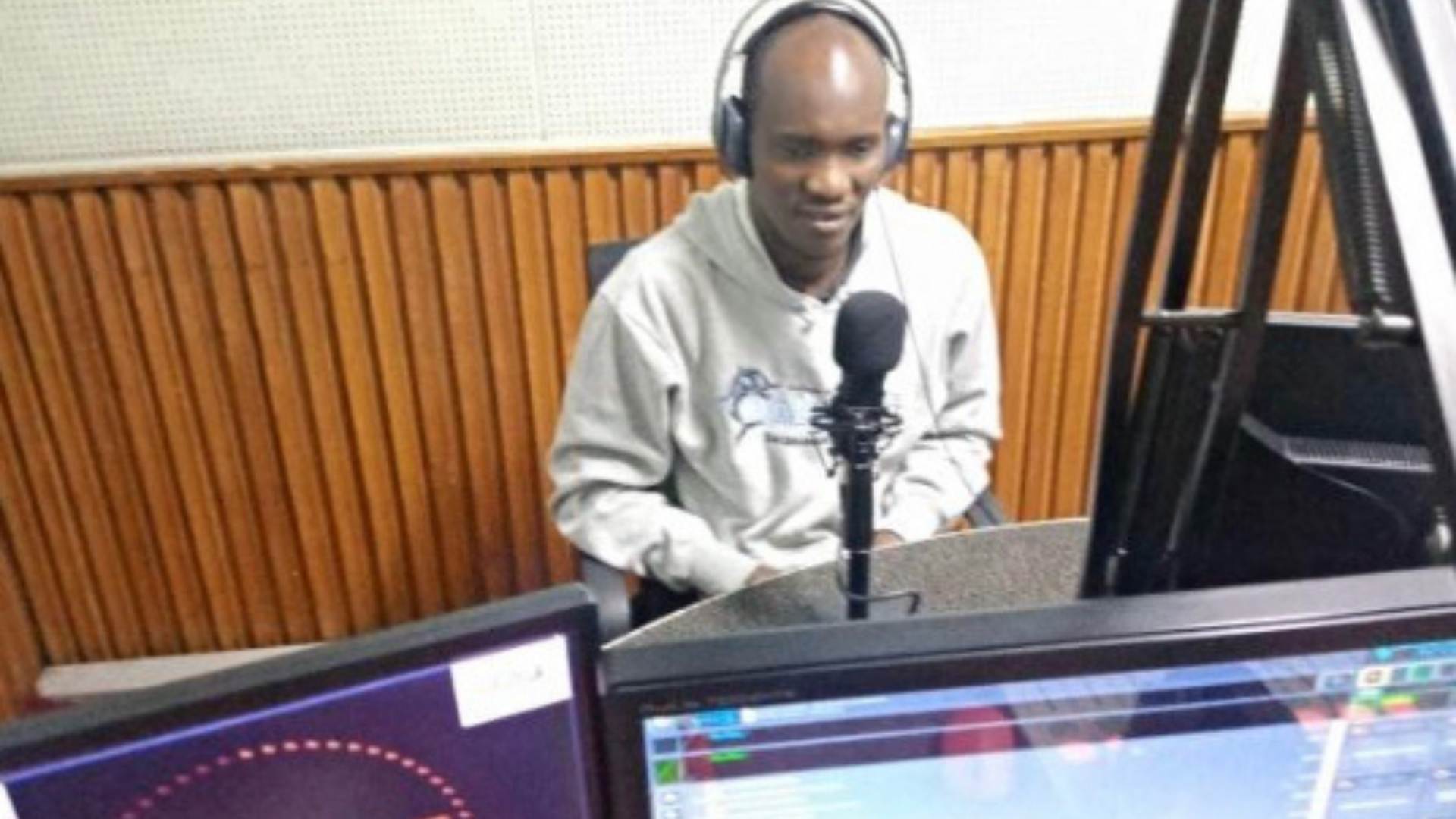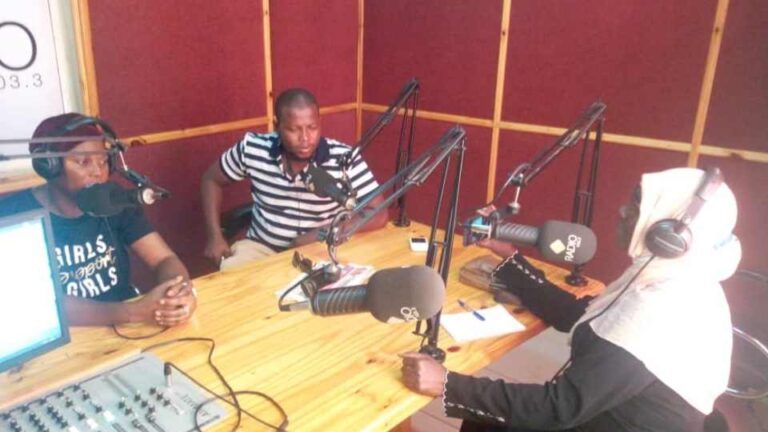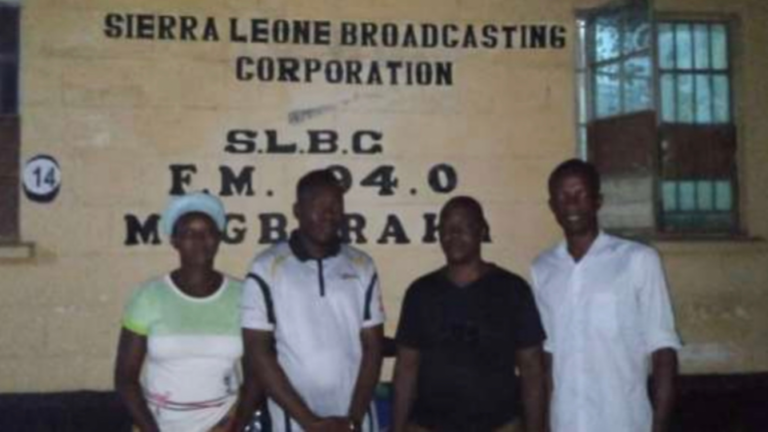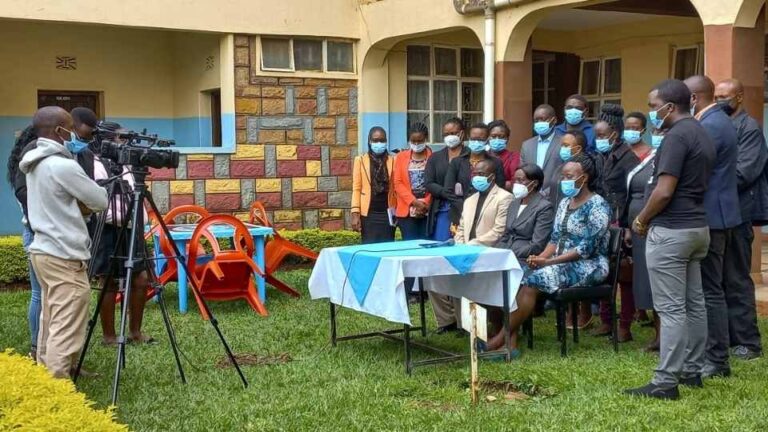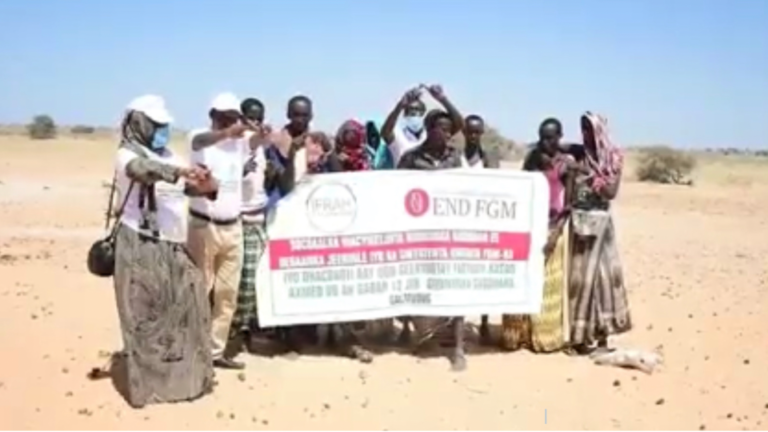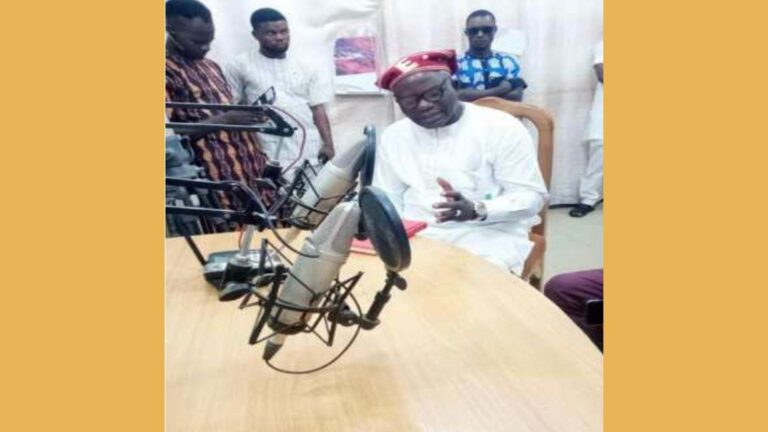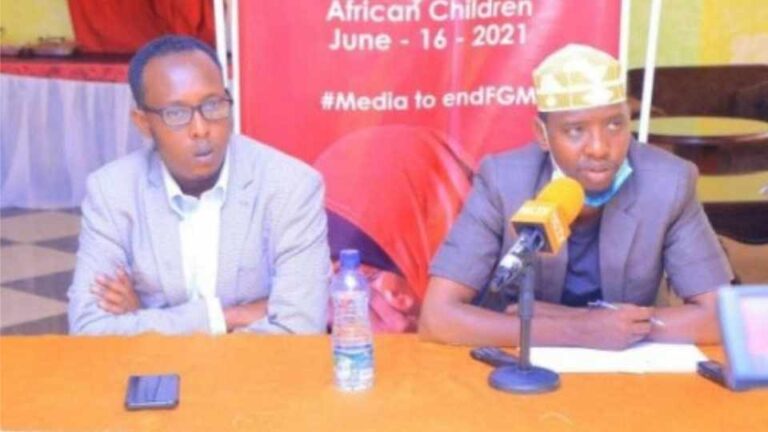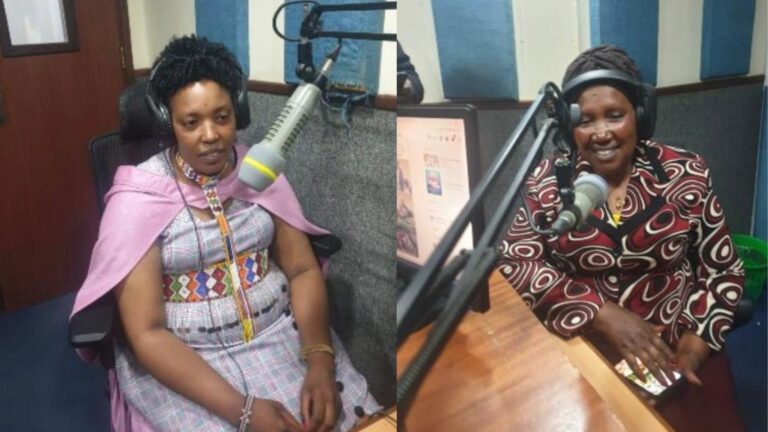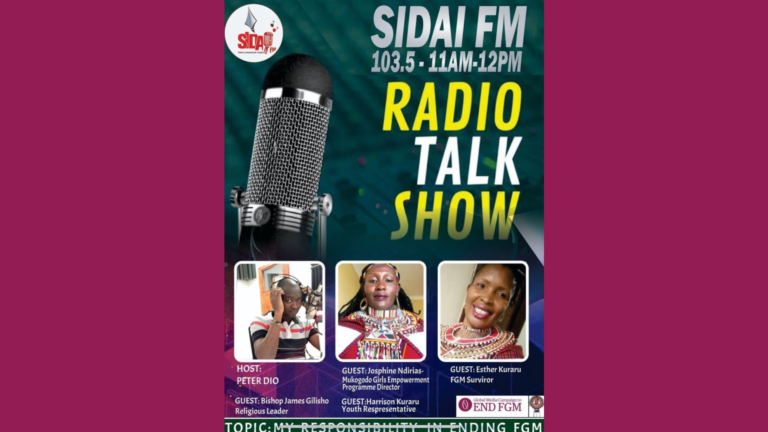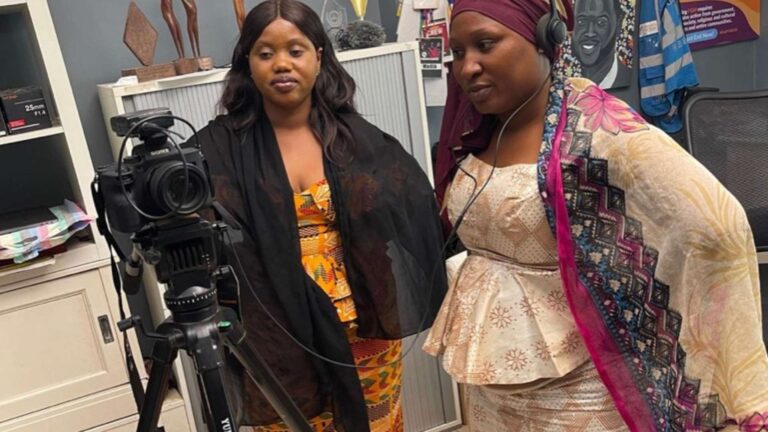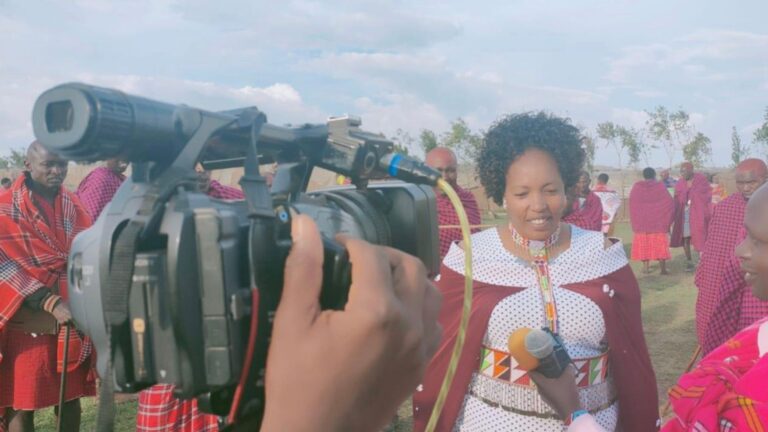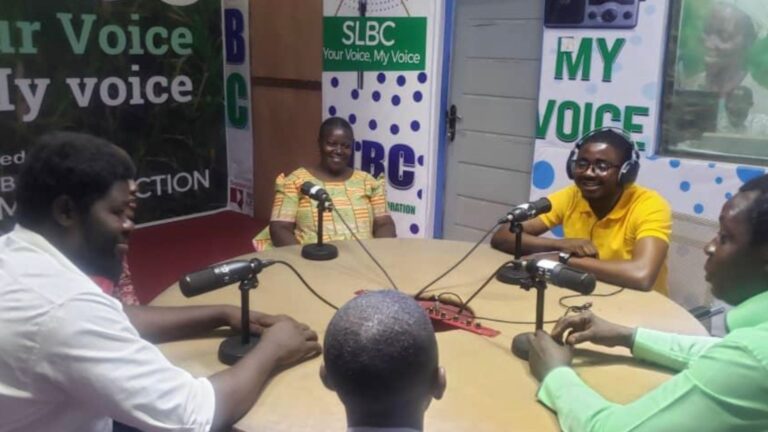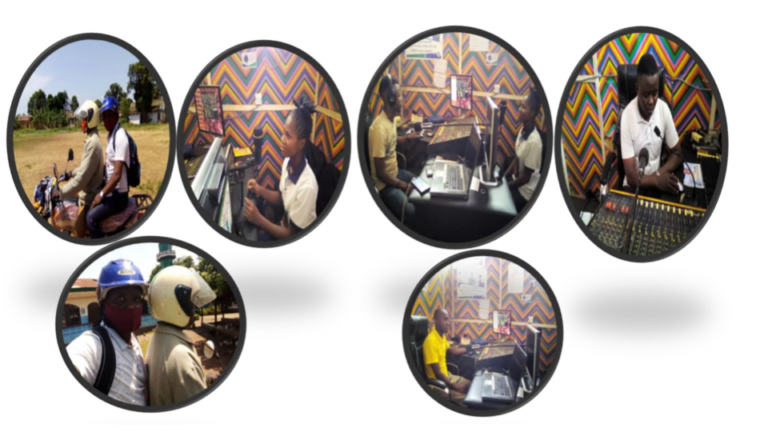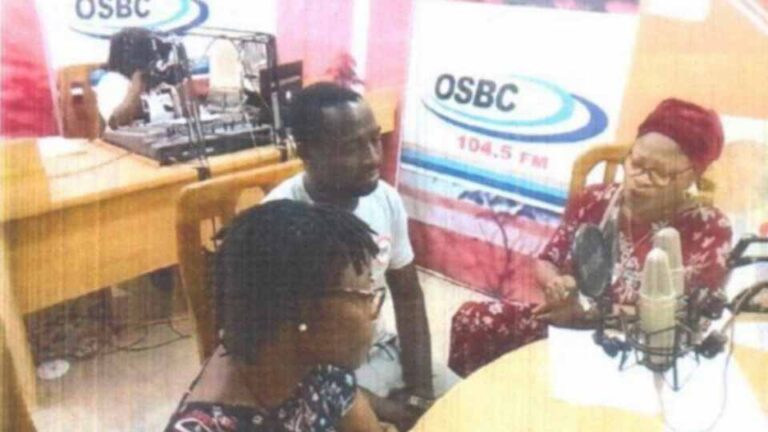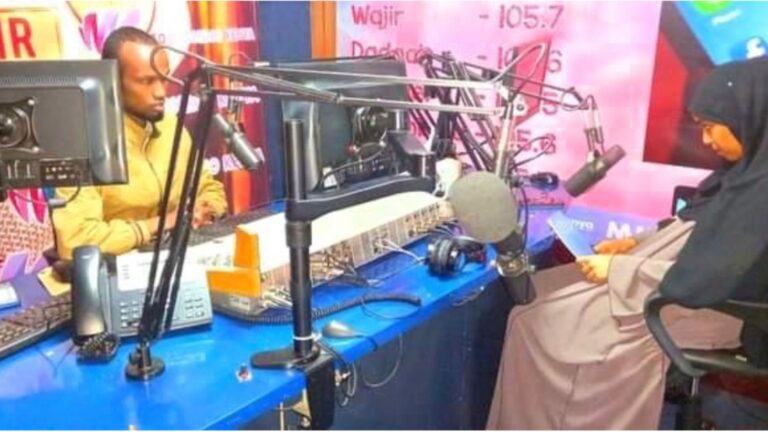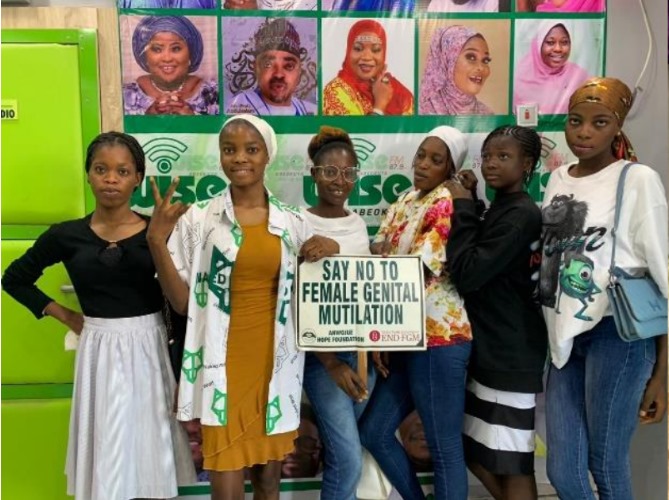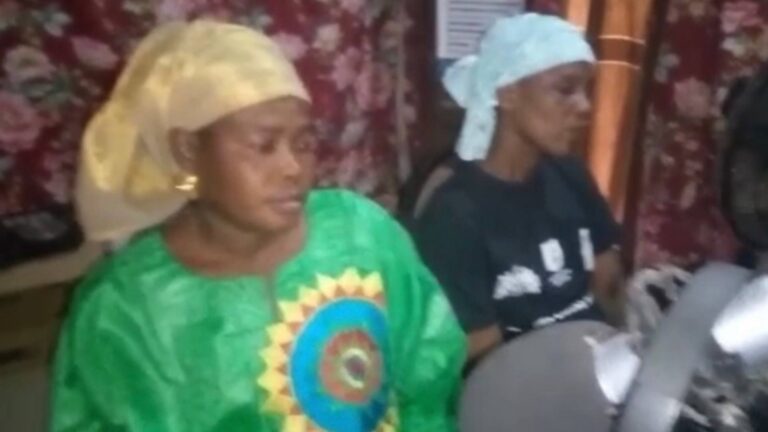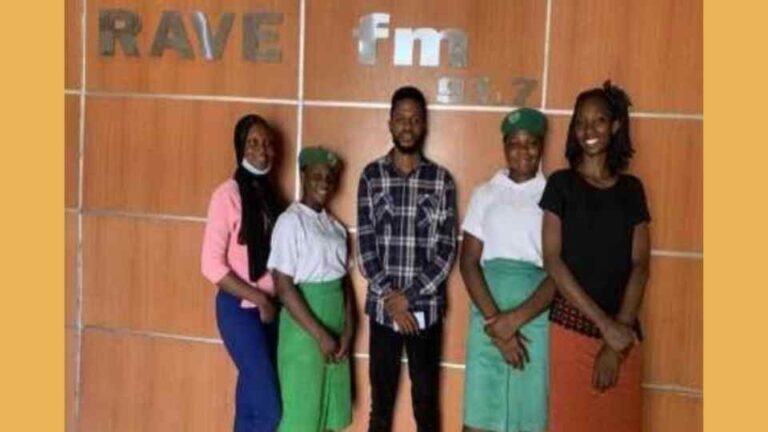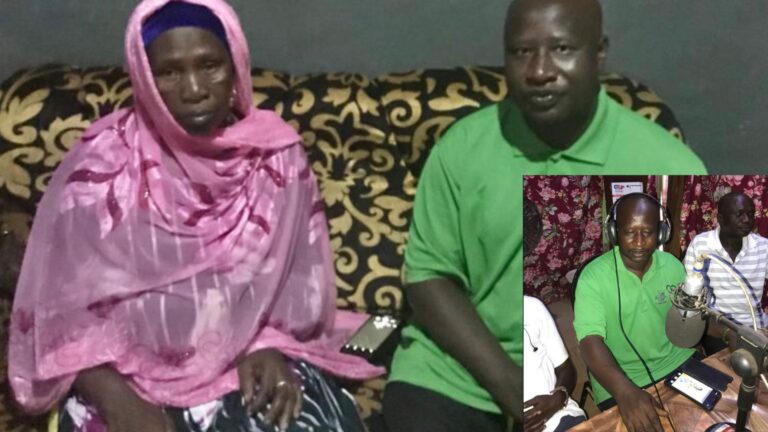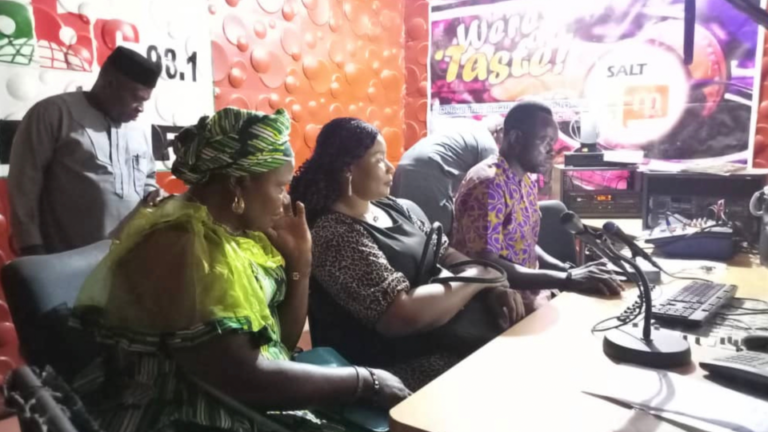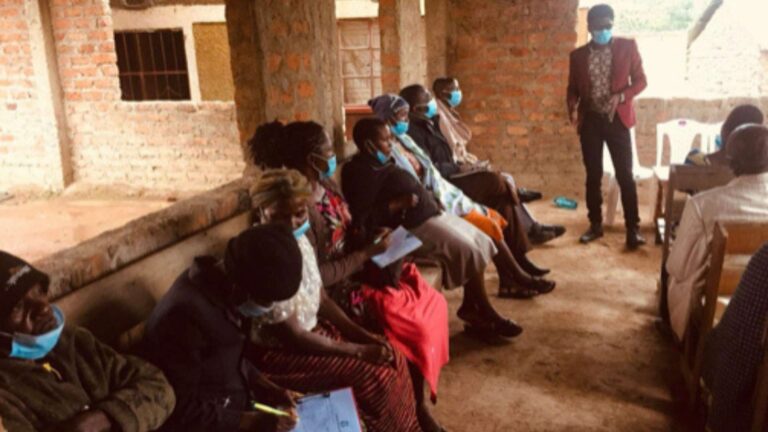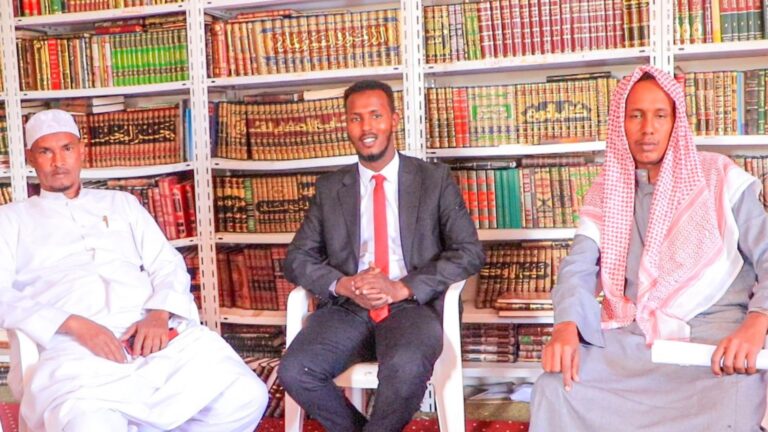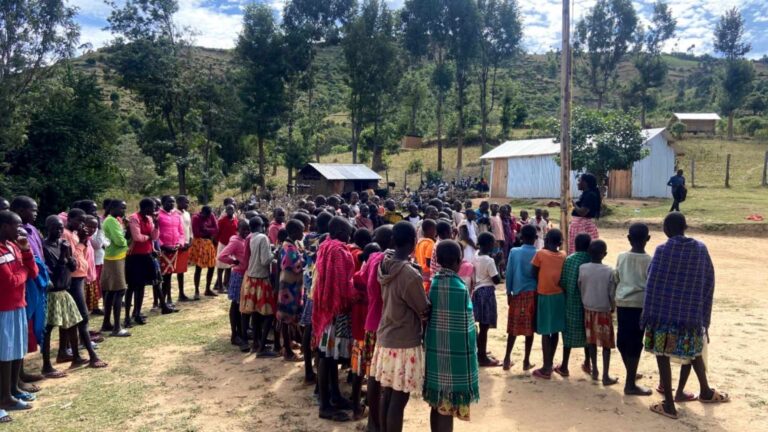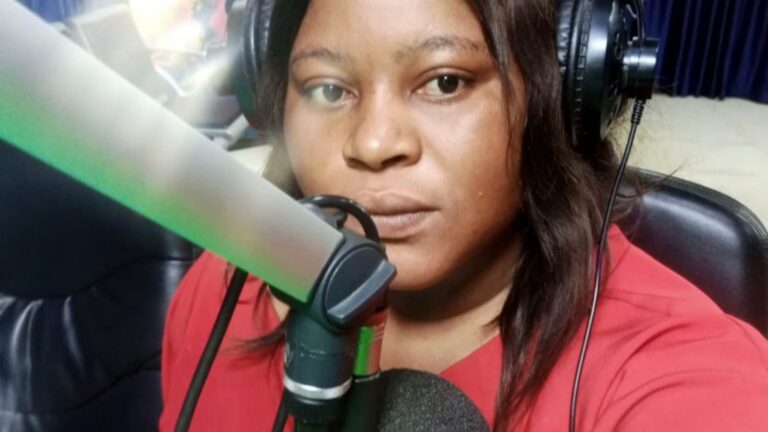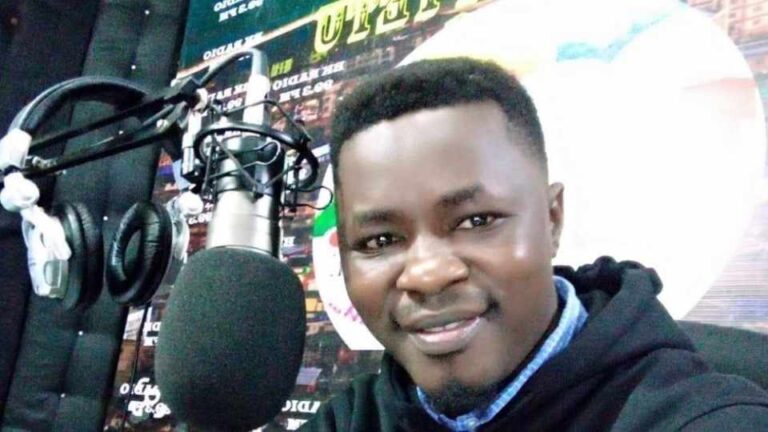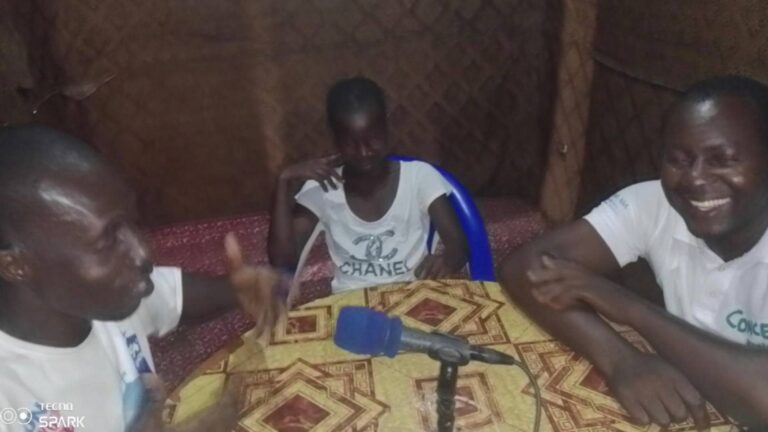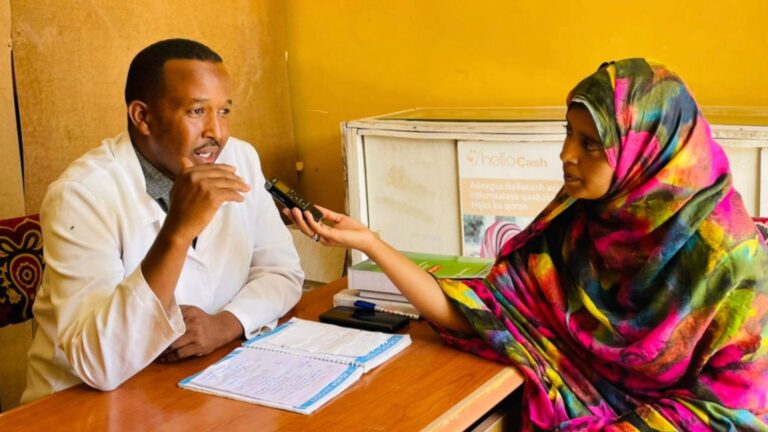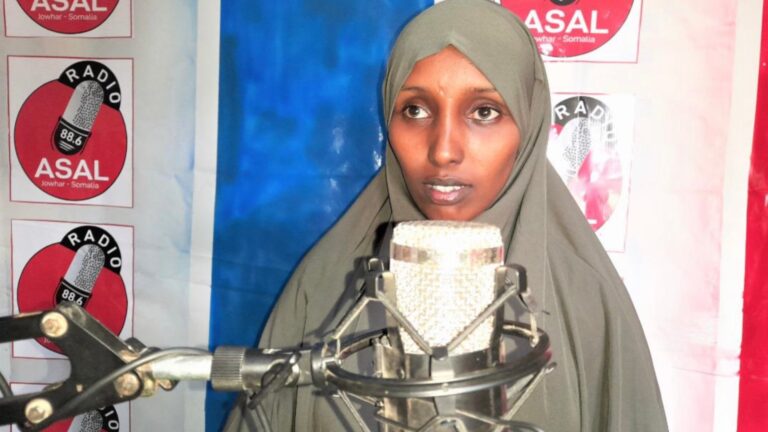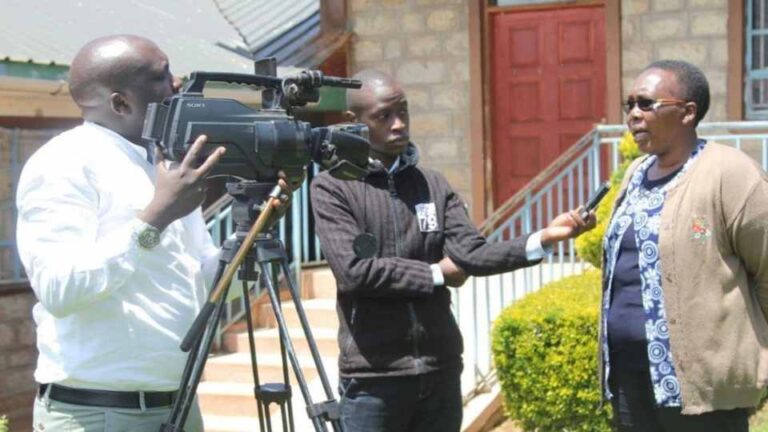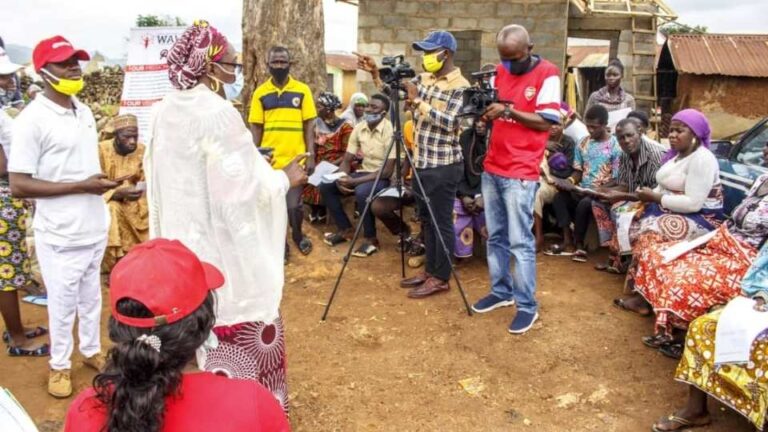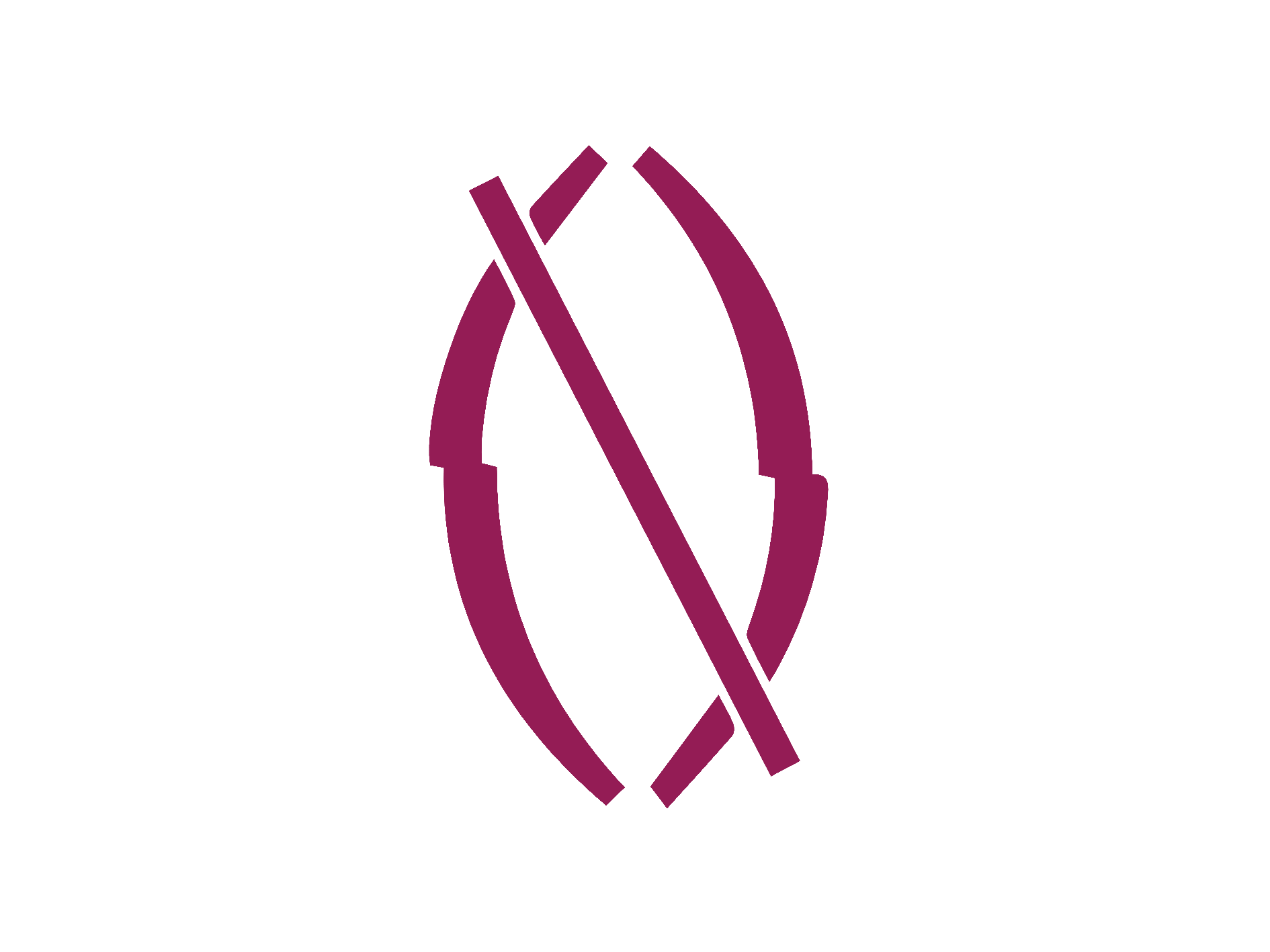By Jeremiah Kutanya,
Female genital mutilation (FGM) is still a rampant cultural practice in the Maasai community of Kenya with the most recent demographic survey claiming its prevalence rate at 76% (KDHS 2014).
The mission:
The unprecedented long school holidays caused by the COVID-19 pandemic in the year 2020 are suspected to have worsened the situation by locking girls in their homes making them more vulnerable and exposed to the risk of FGM practice, early and forced marriage, and teen pregnancy.
The Day of African Child 2022, presented a chance both to the policy implementors and practitioners to look back and reflect on the progress made towards the elimination of harmful practices affecting children since 2013, draw lessons and forge a way forward.
During the DAC 2022, Pastoralists Integrated Concerns (PICO) engaged a male activist in a vernacular radio station (Nosim FM) for a 2-hours talk show from 0900hrs – 1100hrs to discuss the various achievements realized by the efforts taken by different stakeholders to address the menace of FGM at different levels. The following points came out strongly as the specific wins at different levels:
- National level; the government through the legislative arm has enacted several Acts of parliament and Bills between 2013 to date to address FGM practice. On the other hand, the executive arm of the government, as the arm entrusted with the implementation responsibility, has committed a lot of effort through financing and advocacy.
- At the county level (the county government of Kajiado) developed the Anti-FGM Policy in 2021 and currently a Bill is underway to be passed so that the policy can attract financing.
- At the grass root/community level, a lot has been achieved by NGOs/CBOs/FBOs through their advocacy, rescue missions, and sustained creation of awareness in the bid to eradicate FGM.
The speaker further pointed out that FGM perpetrators have devised new strategies of carrying out the practice by resulting in cross-border and medicalization of FGM practice; these lead to a change of type of FGM practiced from type 2 to type 1, without really reducing the prevalence rate.
The reason for engaging a male activist is because:
“In the Maasai culture, FGM practice is regarded as a cultural practice and men are responsible for perpetrating culture and passing it from one generation to another. This, therefore, was necessary to have a man involved to discuss the effects of FGM and take a ‘NO’ position on this harmful practice.”
Jeremiah Kutanya
Success:
My media project was very successful because:
It succeeded to be hosted on a national vernacular radio station with over 1.2M listeners amid the very busy political season.
The last hour was dedicated to questions and discussion from the audience, and 27 listeners (17 males, 10 female) called to contribute to the discussion.
Out of the 17 male callers, 11 were for the campaign against FGM practice – a good sign that indicates men are slowly joining the movement.
Strong messages:
“It’s a shame for our community to continue to stick to such cultural practices (FGM) which are detrimental to the lives of girls and women” James, a farmer from Kitengela. Share on X “Even though significant achievements have been realized so far, much is still required in terms of sensitization and contextualised to the various communities” Nadupoi from Mosiro, kajiado County. Share on X “Even though significant achievements have been realized so far, much is still required in terms of sensitization and contextualised to the various communities” Nadupoi from Mosiro, kajiado County. Share on X “FGM is a harmful practice and men should be at the forefront to stop it”. Simel, a herder from Torosei, kajiado County. Share on XUnexpected wins:
- It was unexpected that the majority of the male callers (65%) will support the campaign against FGM practice.
- Engaging 27 callers with very valid contributions within 1 hour was a win that we didn’t expect.
- It’s a political season and politics is expected to dominate both the media and non-media platforms, however, we unexpectedly managed to secure a chance to talk to the “world” on the material day of DAC, that is, 16th June.
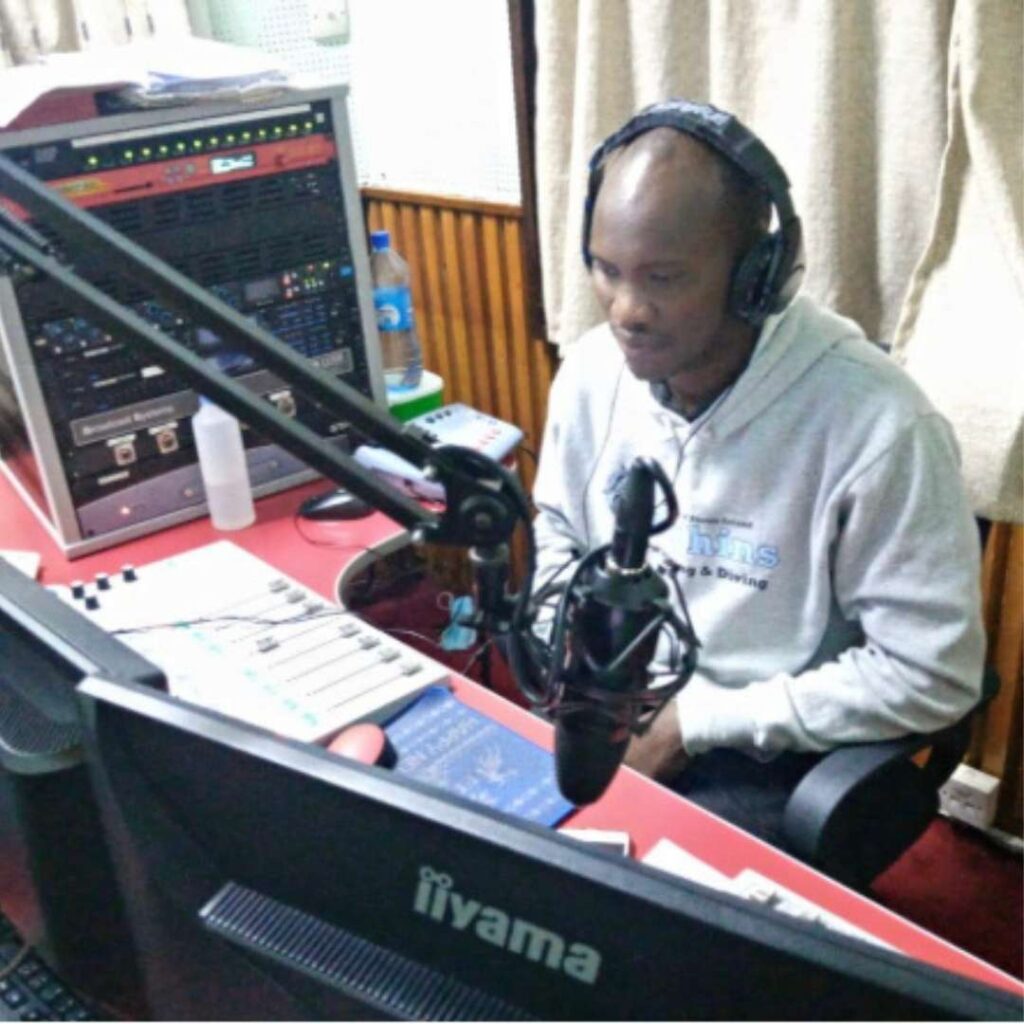
Next time:
I will engage more men to demystify FGM practice in the Maasai community and lobby them to campaign against the practice.


